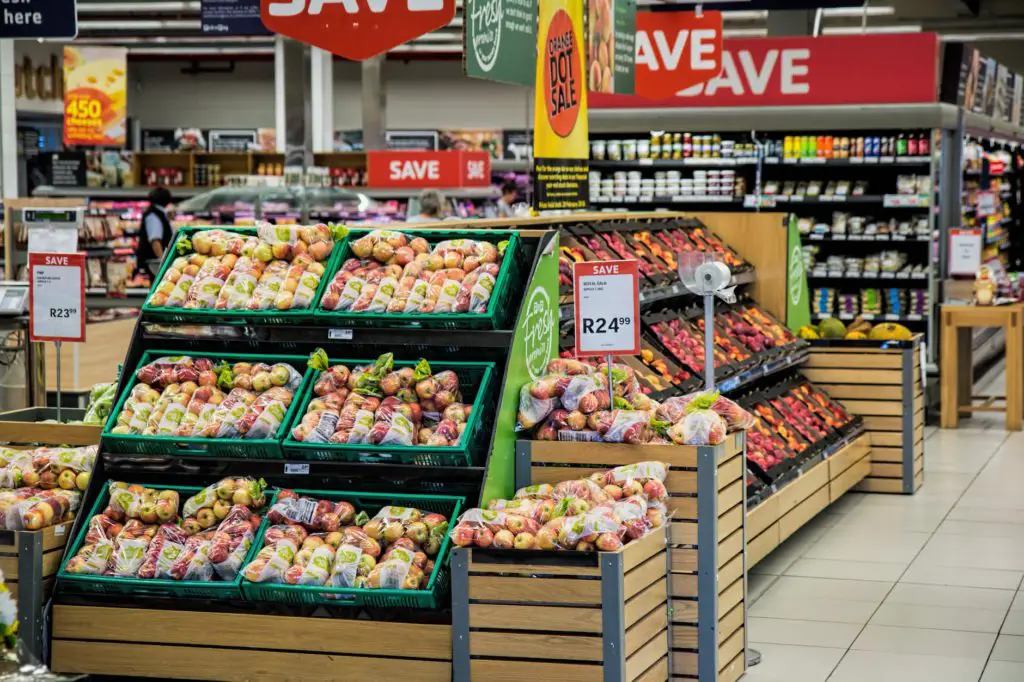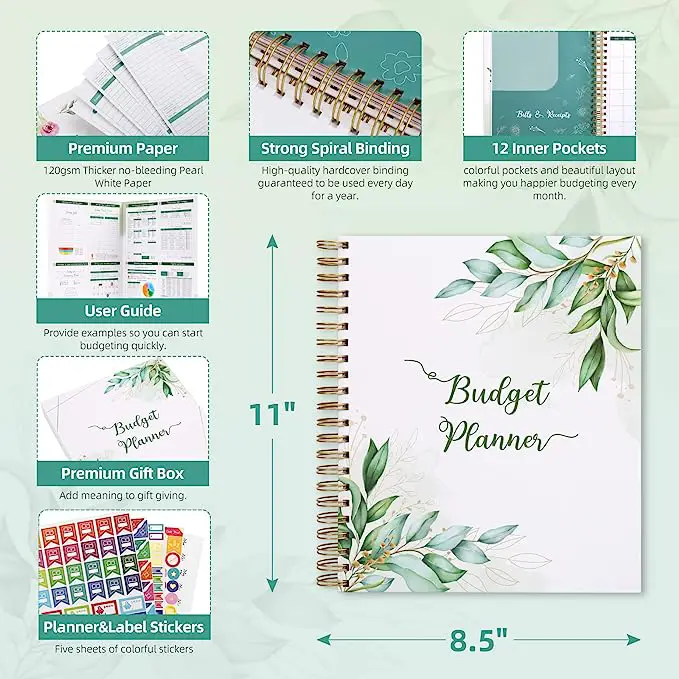Though a few things need to be included in a family budget, there are three essentials you should consider: your housing cost, household expenses, and childcare or education. These are three vital things for a family budget because they address the three basic needs of a family -home, food, and care or education. Each family has a different priority list based on their situation, and the top 3 expense categories fluctuate slightly. Still, the three basic needs should always be budgeted for first. How do you figure out which of your categories are the most essential? Take an inventory of where you spend the most during the month for your family and split it into the top 3 categories, and you will usually see the three highest expenses. These top 3 are housing, groceries, household expenses, and education/childcare. If you don’t have childcare or education expenses, then it would be transportation costs.

So, when you sit down to create a family budget, it’s essential to consider your family unit’s unique needs and expenses.
Be sure to include these three times into your family budget:
- Housing: Housing is often the most significant expense for a family. Whether you own or rent, you’ll want to budget for mortgage or rent payments, property taxes, home insurance, and any maintenance or repairs needed for your home. This is likely your most considerable expense, so factoring it into your budget is essential.
- Groceries and Household Expenses: Food, toiletries, cleaning supplies, and other household items. Creating a realistic budget for these items is vital based on your family’s needs. Food is another essential expense you should include in your budget. You’ll need to budget for groceries, eating out, and other food-related costs. It is necessary to be realistic about how much you spend on food each month and to plan accordingly.
- Childcare and Education: Childcare and education expenses can be significant if you have children. This includes expenses like daycare, after-school programs, private school tuition, and college savings. It’s essential to consider these expenses when creating your family budget and to plan accordingly.
If you do not have childcare or education costs, transportation is the other main category.
Transportation: Transportation can be a significant expense depending on your lifestyle and location. You must budget for car payments, gas, insurance, maintenance, and repairs. If you don’t own a car, you must budget for public transportation, ride-sharing services, or other transportation you use regularly.
Here are some great tools for budgeting from Amazon for your reference:
Other essential expenses you may want to include in your family budget include healthcare, entertainment, emergency savings, and long-term goals. Living on a budget is vital to help your family reach your financial goals and feel confident regarding your financial state. Having a plan will help you guide your family ship in the right direction instead of getting lost out in the sea of life. One of the ways to help diminish some of your financial stress is to find creative ways to save on your top 3 categories. Usually, you can only save much on housing or childcare expenses if you move or change schools, but you can regulate your household expenses.

To regulate your groceries and household expense category, here are some tips for saving money on these expenses:
- Plan meals and make a shopping list: Before you go to the grocery store, plan out your meals for the week and make a shopping list. This will help you avoid impulse purchases and ensure you have everything you need for the week.
- Buy store brands and generics: Store brands and generics are often cheaper than name brands and can be just as good. Try switching to these brands for items on your shopping list to save money.
- Buy in bulk: Purchasing items in bulk can be a great way to save money, especially for non-perishable items like toilet paper, paper towels, and canned goods.
- Use coupons and look for sales: Look for coupons and deals for the items on your shopping list before you go to the store. Many grocery stores have apps that offer digital coupons and weekly sales.
- Cook at home: Eating out can be expensive, so try cooking at home more often. You can save money by preparing meals in advance and freezing them for later.
- Reduce food waste: Plan your meals carefully to avoid buying too much food that will go to waste. Make sure to store leftover food and use it in future meals safely.
- Use energy-efficient appliances: Using energy-efficient appliances can help you save money on utility bills. Look for devices with the ENERGY STAR label that meet energy-efficiency guidelines.

There are also many grocery stores and apps that offer good deals and discounts. Here are a few examples:
- Walmart: Walmart is known for its low prices and often offers discounts on grocery items. They also have a price matching policy, which means they will match the price of a competitor’s items if it’s lower.
- Target: Target offers a variety of grocery items and often has sales and discounts, primarily if you use the Target app or their RED card.
- Kroger or Fred Meyer if you live in the Northwest: Kroger is a grocery store chain that offers weekly sales and discounts. They also have a loyalty program called Kroger Plus, which allows you to earn points and save money on future purchases.
- Instacart: Instacart is a grocery delivery service that partners with various stores, including Costco, Whole Foods, and CVS. They often offer discounts and promotions for first-time users.
- Ibotta: Ibotta is a cash-back app that allows you to earn money back on grocery purchases. You can browse offers on the app, purchase the qualifying items at any store, and then submit a photo of your receipt to earn cash back.
- Fetch: Another cash-back app that allows you to earn money or rewards for groceries, eating out, and other household expenses.
- Honey: Honey is a browser extension that can help you find coupons and discounts for online grocery shopping. It automatically applies the best coupon code at checkout, which can help you save money.

If you’re on a tight budget, shopping at discount grocery stores like Walmart, WinCo, or Grocery Outlet would likely be your best option. These stores offer lower prices on many grocery items compared to some of the higher-end grocery stores. In addition to shopping at discount grocery stores, it’s also a good idea to look for deals and discounts using apps like Ibotta or Honey. These apps can help you save money on groceries without shopping at more expensive stores. Another way to save money on groceries is to buy store brands and generics instead of name brands. Many store brands are just as good as name brands and are often significantly cheaper. Lastly, planning your meals and making a shopping list before you go to the store is essential. This will help you avoid impulse purchases and ensure you only buy the necessary items.
In conclusion, getting a budget in place, figuring out your top 3 categories, and then finding ways to save on your highest grocery and household expense will help you get better control of your family’s financial situation and will also help you put aside some of your hard-earned income to future goals. Good luck, momma, and happy deal hunting!


